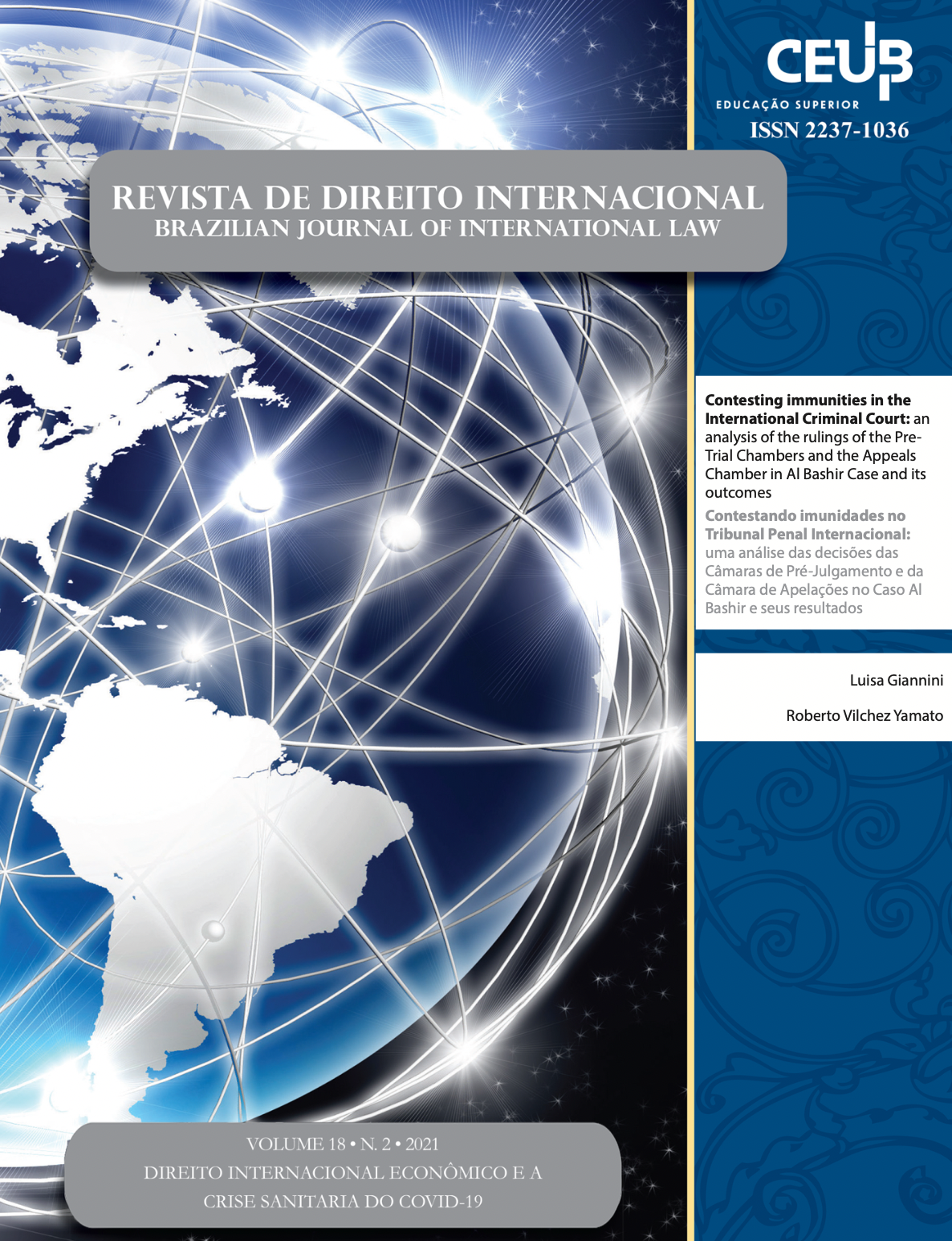Núcleo de Estudos em Tribunais Internacionais
Faculdade de Direito
Universidade de São Paulo
Largo de São Francisco, 95
Sé – São Paulo, SP
01006-020
Artigo
This article examines the rulings from International Criminal Court’s Pre-Trial Chambers and Appeals Chamber regarding the relationship between the law of immunities, in particular heads of state immunity, and the exercise of jurisdiction by international criminal courts in the context of the Bashir Case. It does an analysis of these decisions, highlighting the manner through which the chambers engaged with the legal reasonings presented especially by states. The goal is to identify the different forms of contestation from the actors in the field of international criminal law that were triggered by these rulings in a way that it is possible to make a correlation amongst the degree of engagement of the Chamber with outside arguments and the reaction it provoked. The article concludes that the different ways the Court deals with external actors and their reasonings will generate distinct kinds of responses, meaning that if these actors feel that the rulings are disregarding their arguments a more productive type of contestation can become an objection to the authority or legitimacy of the Court.



